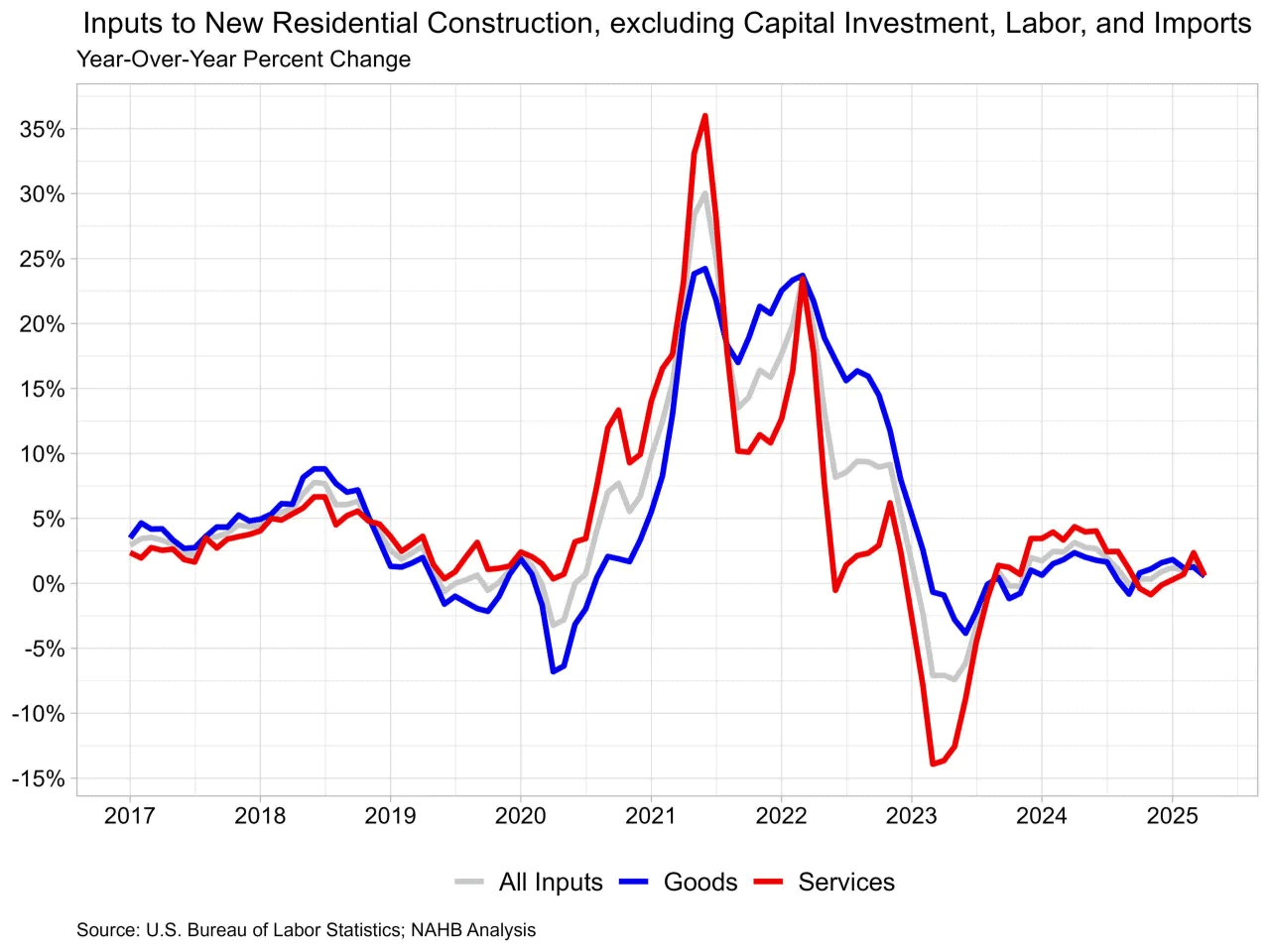
Distributors provide value-added services that amplify the value of products or services for manufacturers and customers alike. These services include marketing assistance and financing. They also support business growth and democratize access to financial services.
To run a distribution company successfully, it’s important to have a business plan that outlines your vision and strategy. This is often a requirement for securing investment.
They buy from manufacturers
Manufacturers often distribute their products through distributors, which are wholesale agents who connect retailers to the manufacturers. This way, the manufacturer can avoid dealing with individual retailers directly and save time. Moreover, the distributor can help analyze the market and sell the product to retailers in bulk.
Successful distribution businesses are able to balance profitability with customer service. This can be achieved by mastering negotiation techniques, establishing competitive purchase prices and offering value-added services. Some of these services include product training, after-sales support and financing. It is also a good idea to join industry groups and networks, and stay updated on trends via trade shows.
Distributors may offer different sales and marketing strategies, depending on their objectives and the needs of their clients. For example, some manufacturers opt for selective distribution because they can’t produce enough of a product to meet consumer demand. This type of distribution strategy is cost-effective and enables the manufacturer to grow its business.
Other distributors use a more comprehensive approach to marketing, employing strategies like presales training and roadshows on behalf of the manufacturer. These activities can increase brand awareness and boost the manufacturer’s reputation. Whether you’re a startup or an established company, finding the right distributor can make all the difference. Picking the wrong one can have a negative impact on your bottom line.
They sell to retailers
The distributor industry is an important component of the supply chain, connecting manufacturers with various businesses, contractors, institutions, retailers, and even end consumers. Many distributors offer value-add services to complement their core business. This enables them to meet the needs of their customers, while also increasing revenue streams and reducing costs. In addition, distributors help reduce the risk of inventory obsolescence by providing a range of supply chain management services, including forecasting, real-time inventory tracking, and warehouse logistics.
Wholesale distributors purchase products in bulk from manufacturers and then sell them to retailers or value-added resellers (VARs) for a profit. This enables the manufacturer to focus on production and gives retail stores the ability to buy a wide variety of goods at one time. They can also provide customer support and product demonstrations.
Retailers that work with a wholesale distribution company get valuable market insights, and this information can help them improve their sales strategies. In addition, they can gain access to new markets, allowing them to expand their business and increase profits.
Distributors that specialize in a specific type of product, such as electronic devices or pharmaceuticals, must ensure they have the right inventory to meet consumer demand. This requires accurate forecasting, efficient logistics, and warehousing. They must also comply with regulations and industry standards, which can be complex. This is especially true for distributors that operate in regulated sectors, such as finance.
They provide logistics
Distributors help with logistics by arranging and optimizing the flow of goods from producers to wholesalers and retailers. This includes managing inventory and reducing waste through the use of techniques like just-in-time delivery. This reduces spoilage and storage costs, as well as shipping charges for buyers. It also enables businesses to offer one-stop shopping and other conveniences for their customers. This makes it essential for many companies to have a strong distribution management strategy that is driven by real-time information.
Getting into product distribution is challenging, but it’s possible for new entrants with the right planning and entrepreneurial spirit. To get started, research typical supply chain models and best practices in your industry. It’s also important to connect with manufacturers, retailers and other distributors to learn about the challenges and opportunities in your market. You can do this by joining industry groups, networks or forums.
Besides providing logistical support, distributors can also offer value-added services like marketing assistance and after-sales support to amplify their impact. This helps manufacturers focus on their core strengths and improve customer service. However, the complexities of the distribution business often present challenges like market competition, inventory, and regulatory compliance. To overcome these challenges, distributors must build strong partnerships with suppliers and embrace technology to stay competitive. In addition, they must create a flexible distribution network and adapt to changing consumer needs.
They offer marketing support
Distributors offer marketing support by promoting the products they carry to potential consumers. They also act as liaisons between the manufacturers and retailers, providing feedback on product performance. These efforts help to build a brand reputation and customer satisfaction. They may conduct market research and organize promotional activities, such as contests, to boost sales. Moreover, they can also provide logistical support, including sourcing and shipping in bulk.
Effective distributor marketing strategies aim to increase the number of customers and prospects for each product they sell. They may use a variety of approaches to find new prospects, including registering their details on a channel partner’s database and leveraging cooperative marketing funds or other incentives. In addition, they may choose to adopt the branding of a channel partner to attract more buyers.
Many distributors also offer value-added services by bundling the products they sell with other goods or services. This is called value-added distribution (VAR), and it offers the end-user more convenience, flexibility, and security. Value-added resellers also play a significant role in the financial sector, democratizing access to financial products and contributing to economic growth.
Another challenge for distributors is ensuring compliance with regulations and industry standards. Non-compliance can result in hefty fines and damage to the company’s reputation. To manage this risk, distributors must have strong supply chain management systems and implement robust training programs.




























